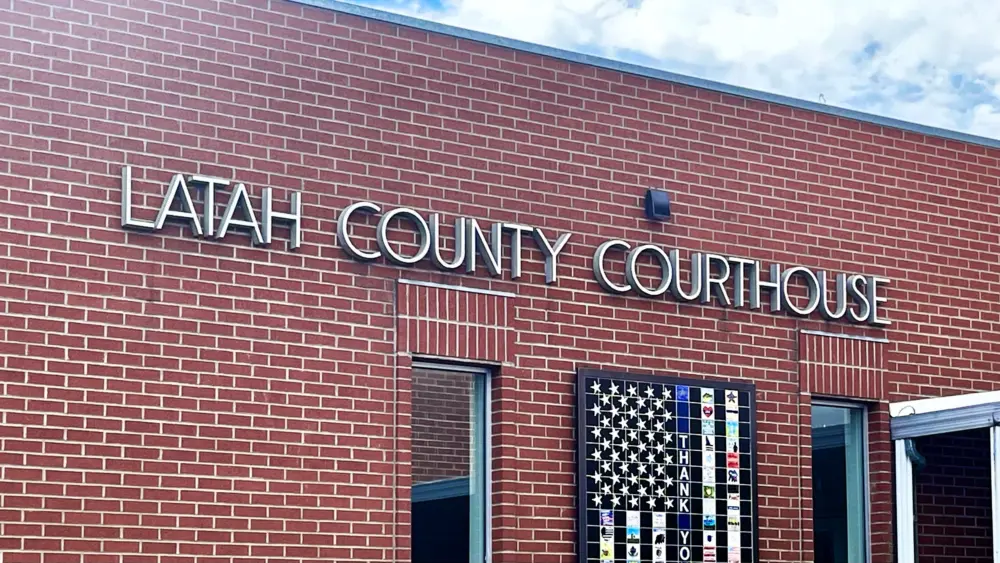TROY, ID – The Justice Department filed a lawsuit last week in the U.S. District Court for the District of Idaho alleging that the City of Troy, Idaho, violated the Religious Land Use and Institutionalized Persons Act when it denied a conditional use permit application sought by Christ Church.
The lawsuit alleges that Christ Church had outgrown the space where it had been worshiping and was unable to find a space to rent. It then sought a conditional use permit to operate a church in the City’s C-1 zoning district, where nonreligious assembly uses such as clubs, museums, auditoriums, and art galleries were allowed.
The Justice Department says local residents vociferously opposed the Church’s application, and many of their written and verbal comments reflected animus against Christ Church’s beliefs. In its denial of the Church’s application, the City cited the fact that the public was “heavily against” it and that the “great majority of the city residents” opposed granting the permit.
“RLUIPA unequivocally forbids local governments from deciding zoning matters based on their dislike of certain religious groups,” said Assistant Attorney General Harmeet K. Dhillon of the Justice Department’s Civil Rights Division. “The Department of Justice will not hesitate to file suit against jurisdictions that discriminate in land use matters on the basis of the applicants’ religious beliefs.”
The lawsuit alleges that the City’s denial of the permit imposed a substantial burden on Christ Church and was based on the community’s discriminatory animus against the Church. It also alleges that the City’s zoning code treats religious assembly use worse than nonreligious assembly use. The lawsuit alleges violations of the Religious Land Use and Institutionalized Persons Act substantial burden, equal terms, and discrimination provisions.
The Department of Justice says the Religious Land Use and Institutionalized Persons Act is a federal law that guards individuals and religious institutions from “unduly burdensome, unequal, or discriminatory land use regulations.”





